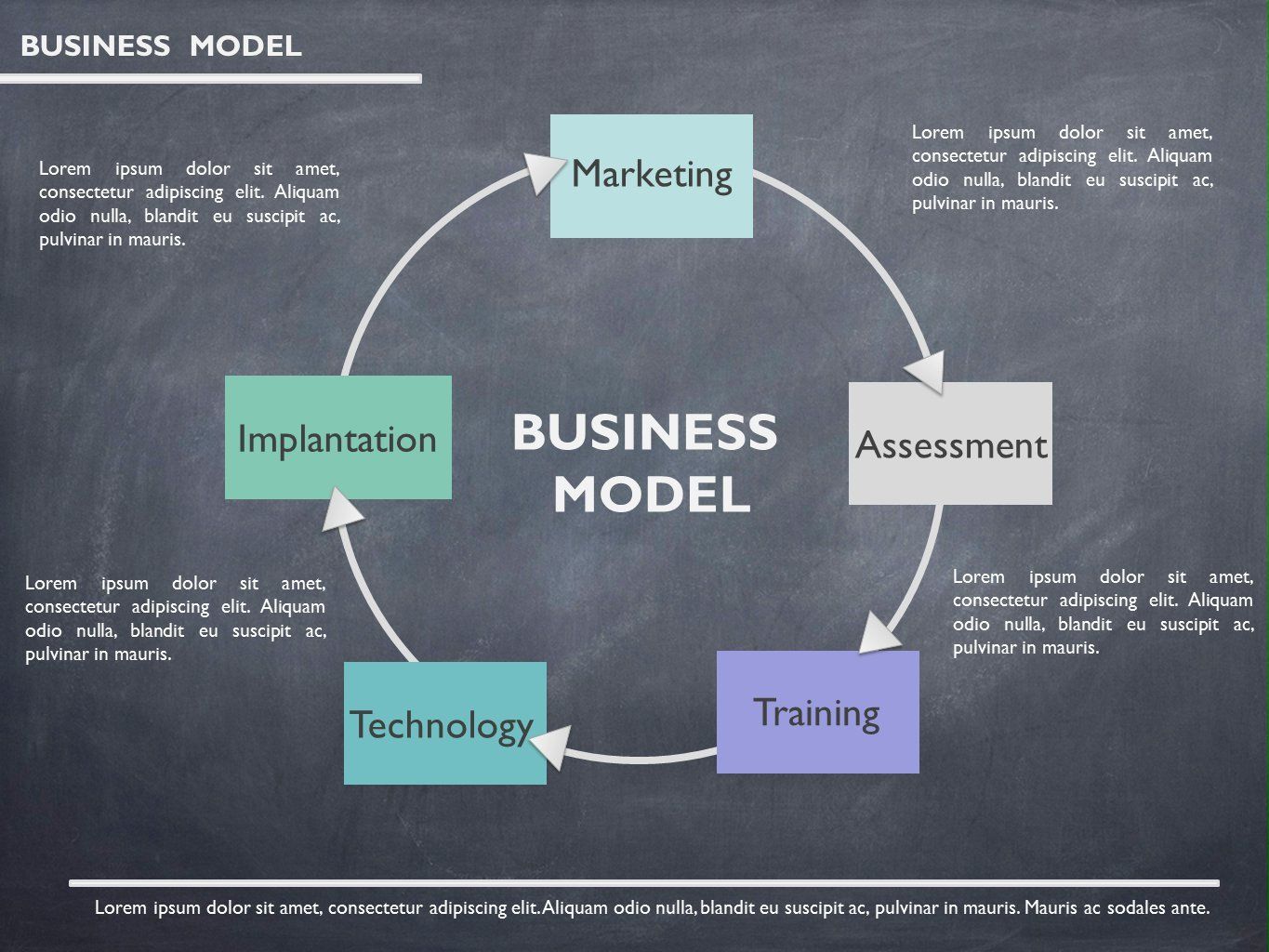The cursor hovers over the last empty square of tilled, pixelated earth. A click. The tiny sack of seeds in my inventory vanishes, and a small, green sprout appears. A quiet digital thump confirms the action. Then the notification arrives, clean and unceremonious: ‘Carrots will be ready in 78 hours.’
Three days and six hours. There is no option to expedite with premium currency, no frantic mini-game to shave off a few hours. There is only the time itself, stretching out like a quiet country road. My reaction, which I fully expected to be a familiar twitch of digital impatience, is… nothing. Or rather, not nothing. It’s a quiet hum of acceptance. A pleasant, low-grade anticipation. I have something to look forward to on Friday.
The Absurdity of Instant Gratification
This is, of course, completely absurd. Last night, a 4K nature documentary I was streaming froze at 98% buffered. The little wheel spun for 18 seconds, and in that span of time I felt a rage so pure and white-hot it was almost comical. I nearly threw the remote. The promise of instant visual gratification was delayed by a few heartbeats and my entire nervous system registered it as a personal attack. Yet here I am, calmly accepting a 78-hour delay for a bundle of imaginary carrots that provide precisely zero nutritional value and a handful of in-game currency. What is going on?
It’s a rebellion. A quiet, personal insurrection against the cult of the immediate. We live in a world architected to eliminate waiting. We have one-click ordering, instant downloads, and news feeds that refresh faster than our eyes can track. We have been conditioned to perceive any friction, any gap between desire and fulfillment, as a flaw in the system. A bug to be patched. Waiting is the enemy. It’s dead air. It’s a conversion killer.
And I’ll be the first to admit I bought into it completely. I’m the person who pays the extra $8 for faster shipping. I’m the person who switches grocery lines if the one I’m in seems 18 seconds slower. I used to view games that incorporated real-world timers as fundamentally broken, a cheap trick to manipulate players into logging back in or, worse, paying to skip the wait. My brain, trained by a decade of algorithmic efficiency, saw it as poor design.
I was wrong. It’s not poor design.
It’s different design. It’s human-paced design.
A quiet shift in perspective.
It’s the opposite of a slot machine.
A slot machine, whether in a casino or disguised as a loot box mechanic, hijacks your dopamine system with variable rewards and instant feedback. It’s a frantic, desperate cycle. Pull the lever, get a result. Pull again. Again. Faster. These slow games do the opposite. They don’t offer a dopamine rush; they cultivate a gentle serotonin release.
Instant Peak, Quick Drop
Sustained Fulfillment
The pleasure isn’t in the immediate reward, but in the sustained, low-level anticipation and eventual, reliable fulfillment. It’s the difference between a sugar high and a nourishing meal.
A Groundskeeper’s Wisdom
I was talking about this with my friend, Rachel K.L., the other day. Rachel’s job is about as far from the digital world as you can get. She’s a groundskeeper at a historic cemetery, a place where time operates on a different axis entirely. She told me about planting a row of English Yew saplings along a crumbling stone wall.
Her work is a profound act of faith in the future. She doesn’t get a notification or a burst of confetti when a tree reaches a certain height. Her reward is the process itself-the turning of the soil, the knowledge of continuity. When she goes home, she plays a game on her tablet where she tends a little farm. I asked her if the waiting in the game ever bothered her. She laughed.
This connection to a more natural, cyclical timeline is something we’ve almost completely lost. Our ancestors knew the patience of waiting for a harvest, for the seasons to turn, for a letter to cross an ocean. We know the impatience of a webpage taking 8 seconds to load. These cozy, slow-moving games are reintroducing that lost rhythm in the one place we’d least expect it: our screens. They’re giving us a safe, low-stakes environment to practice delayed gratification, an emotional muscle that has severely atrophied in the modern human. The entire category of what people call the best cozy games on Steam is filled with these little lessons, hiding their wisdom behind charming art styles and simple mechanics.
The Thin Line: Cultivation vs. Coercion
Of course, the industry’s profit motive is always there. Many games do use waiting as a cynical tool to extract money. The line is thin. The difference, for me, is the feeling it engenders. Does the waiting feel like a punishment you can pay to escape, or does it feel like a natural part of a process? When a game flashes a massive, glittering button that’s says “Finish Now for 48 Gems!” the spell is broken. It’s no longer about patience; it’s a transaction. The quiet garden becomes a tollbooth. I confess, in a moment of weakness playing a different city-builder game, I once paid $1.88 to finish a digital monument instantly. The surge of completion was immediate, but it was followed by a hollow, empty feeling. I hadn’t earned it. I’d just bypassed the whole point.
The Gift of Logging Off
This is a form of mindfulness. It’s a deliberate choice to engage with a system that doesn’t cater to our every whim, that forces us to cede control and simply let time do its work. By closing the game and knowing my carrots are growing while I’m away, I’m engaging in a passive trust that is remarkably calming. The world won’t stop if I’m not watching. The process will continue without my frantic intervention. In a digital landscape that constantly screams for our attention and engagement, the greatest gift a game can give is the permission to log off.







































































































































































































































































































































































































































































































































